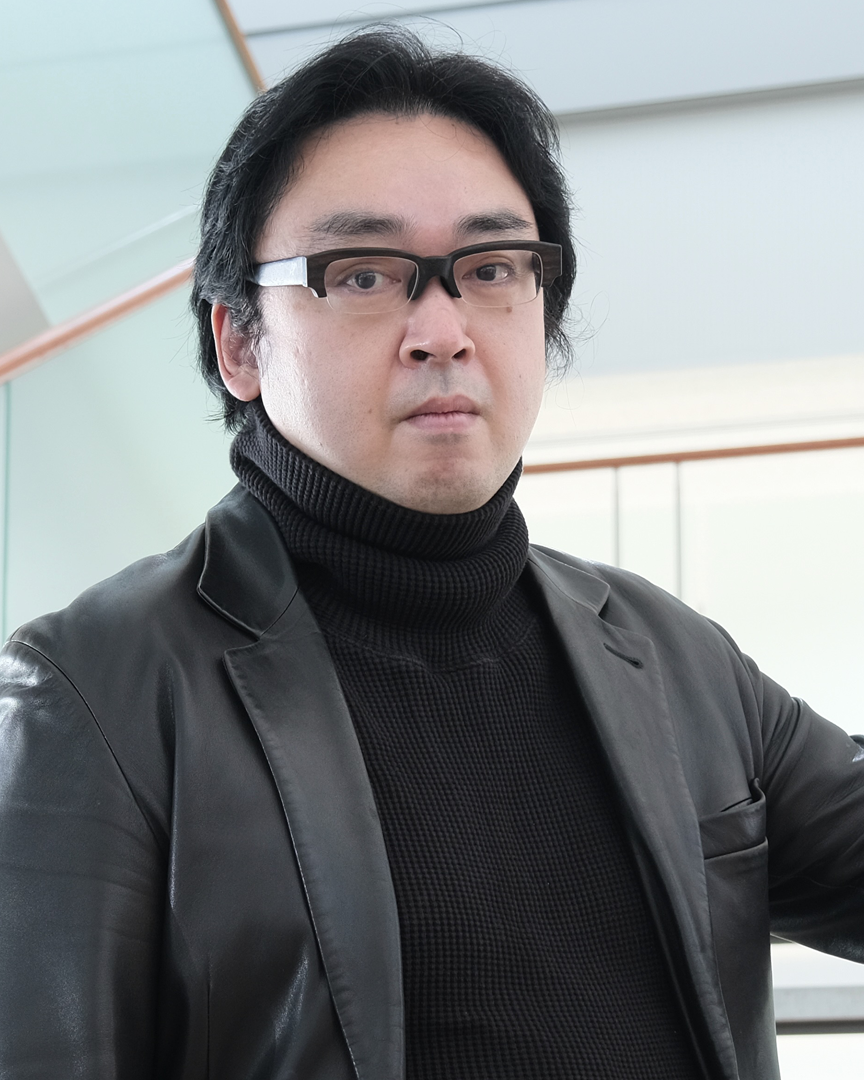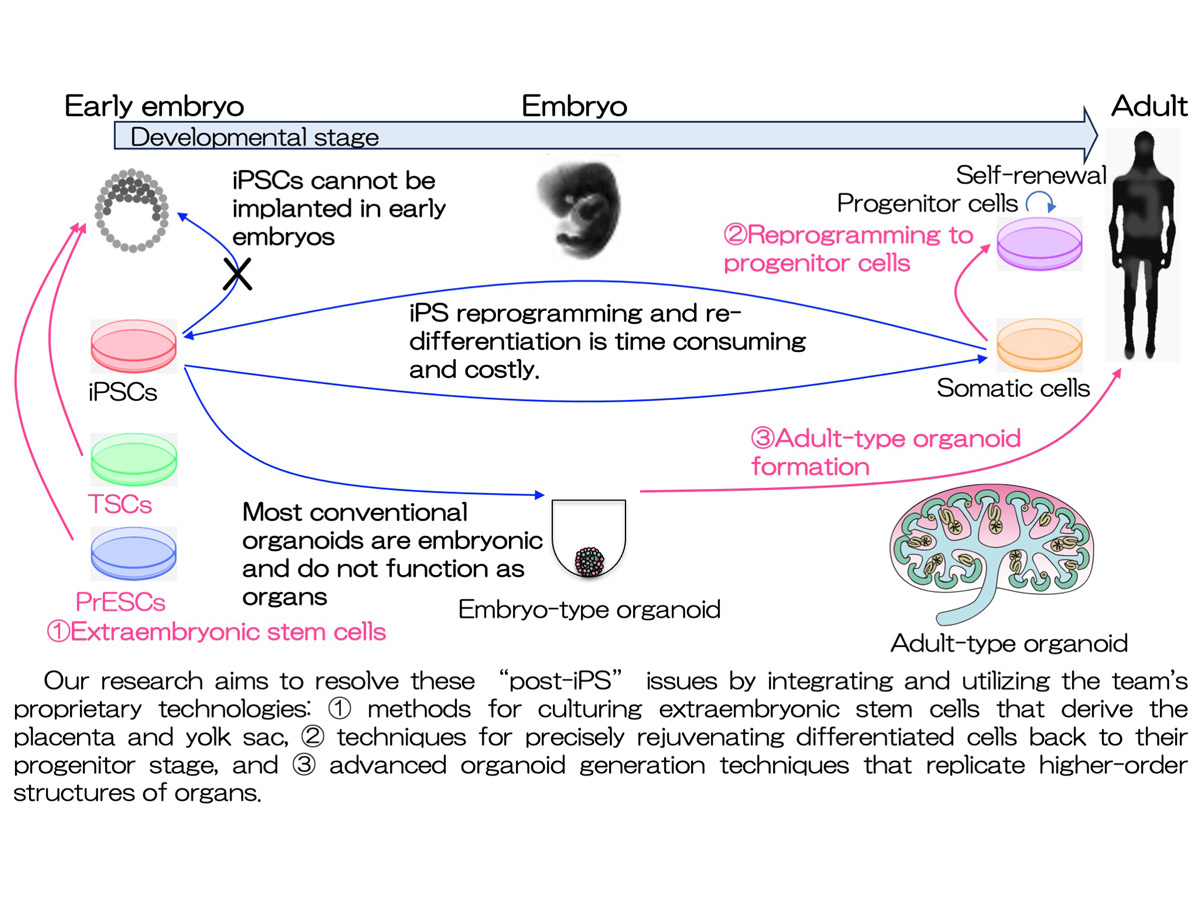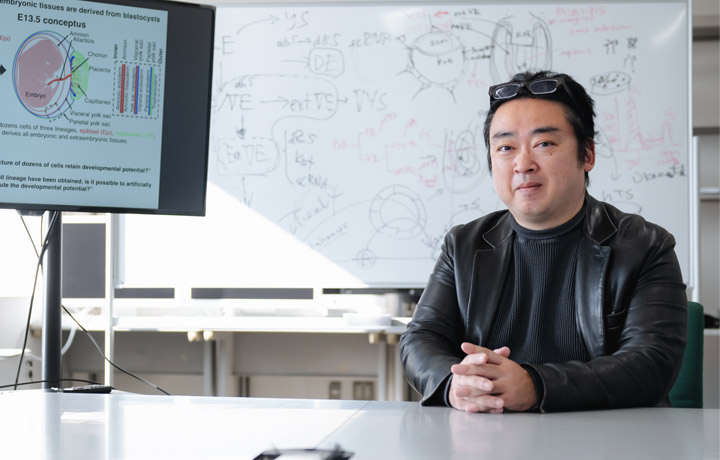Development of post-iPSC cell therapy technologies for aging-related diseases

-
- Principal Investigator
Lecturer / Yasuhide OHINATA
- Affiliation
Graduate School of Medicine, Chiba University
Researchmap
ORCID ID
- Principal Investigator
Japan faces significant societal challenges due to the progression of age-related diseases, including arteriosclerosis, diabetes, osteoporosis, malignant tumors, and infertility associated with delayed marriage. Addressing these issues requires the development of next-generation cell transplantation therapies and stem cell control technologies. Although induced pluripotent stem (iPS) cells, which revolutionized the field by reprogramming differentiated cells into pluripotent stem cells, have been a breakthrough, using them for cell transplantation still necessitates redifferentiation into target cells. Technologies for reliably and efficiently preparing large quantities of cells, differentiating them from fetal to functionally mature cells, and culturing extraembryonic lineage cells remain insufficiently established. Furthermore, iPS cell reprogramming is gaining attention for its potential anti-aging applications, with reports suggesting that partial reprogramming can rejuvenate cells and organisms; however, precisely controlling the extent of this rejuvenation remains challenging.
This research aims to resolve these "post-iPS" issues by integrating and utilizing the team's proprietary technologies:
(i) methods for culturing extraembryonic stem cells that derive the placenta and yolk sac
(ii) techniques for precisely rejuvenating differentiated cells back to their progenitor stage, and
(iii) advanced organoid generation techniques that replicate higher-order structures of organs. Specifically, the study seeks to establish methodologies for
(1) the large-scale culture of high-quality multipotent cells,
(2) the rejuvenation of organisms via transcription factor activation,
(3) the rejuvenation of aged early embryos through extraembryonic stem cell transplantation, and
(4) the creation of high-performance adult-type organoids. These efforts aim to achieve social implementation of next-generation cell therapies and rejuvenation technologies.


